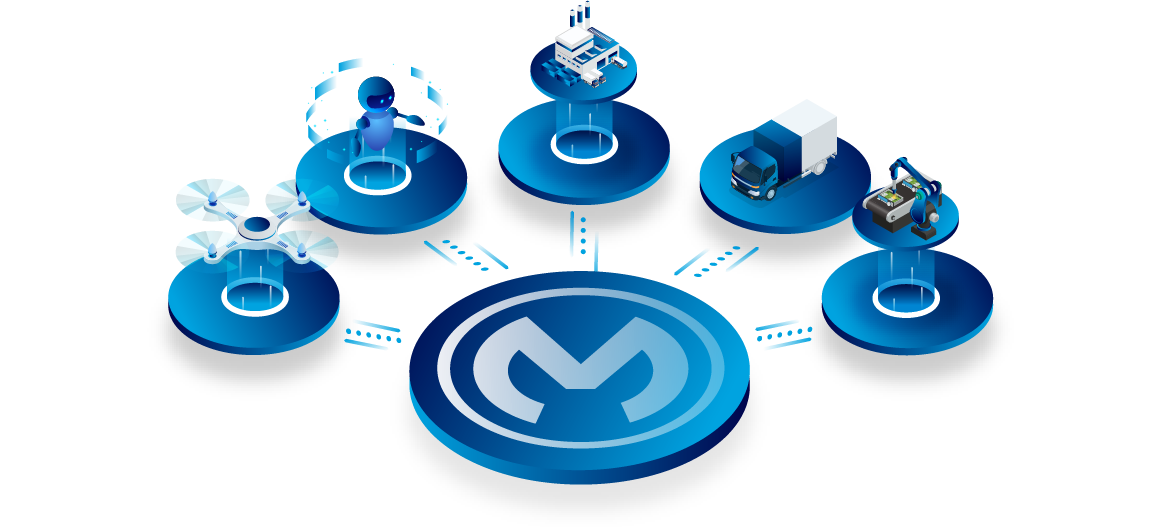MuleSoft: Unlocking the Power of Integration

In today's fast-paced digital landscape, organizations are constantly seeking ways to connect disparate systems, applications, and data sources to streamline operations, enhance customer experiences, and drive business growth. One solution that has gained significant traction in recent years is MuleSoft, a leading integration platform that empowers businesses to connect their applications and data, allowing for seamless communication and automation across their entire technology stack. In this blog, we'll dive deep into MuleSoft, exploring its core concepts, capabilities, and the value it brings to organizations.
What is MuleSoft?
MuleSoft, a subsidiary of Salesforce, is an integration platform that provides a unified approach to connecting applications, data, and devices. It offers a comprehensive set of tools and services that enable organizations to build, design, and manage integrations with ease. At its core, MuleSoft is designed to solve the challenges of data silos, application fragmentation, and inefficient processes by creating a connected ecosystem within an organization.
Key Components of MuleSoft:
- Anypoint Platform:
- Design Center:
- Exchange:
- Runtime Manager:
- API Manager:
- Mule Runtime:
- Connectors:
- Anypoint Studio:
The heart of MuleSoft's offering, Anypoint Platform, serves as a unified integration platform. It comprises various components, including:
A web-based design environment where developers can design APIs and integration flows using a visual interface.
A marketplace for pre-built connectors, templates, and APIs that can be reused to accelerate development.
A tool for deploying, managing, and monitoring integration applications in the cloud or on-premises.
Allows organizations to create, publish, and govern APIs, security and control over access.
Mule Runtime is the runtime engine that executes integration flows created in the Anypoint Studio. It is responsible for processing data, applying transformations, and routing messages between applications and systems.
MuleSoft provides a vast library of connectors that simplify the integration process by offering pre-built connectors for various applications and services such as Salesforce, SAP, Amazon S3, and more. These connectors reduce development time and effort significantly.
Anypoint Studio is a graphical design environment where developers can visually create integration flows using drag-and-drop components. It supports various integration patterns and offers debugging and testing capabilities.
Benefits of MuleSoft:
- Accelerated Integration:
- Flexibility and Scalability:
- Improved Data Quality:
- Enhanced Customer Experience
- Security and Compliance:
- Real-time Insights:
MuleSoft's pre-built connectors and templates, along with a user-friendly interface, help organizations reduce integration development time and costs.
MuleSoft's architecture allows for flexible and scalable integrations, enabling organizations to adapt to changing business needs and handle increased data volumes.
By connecting and synchronizing data sources, MuleSoft helps maintain data consistency and accuracy, leading to better decision-making.
MuleSoft empowers organizations to create a seamless and consistent customer experience by connecting front-end and back-end systems.
The platform offers robust security features and compliance controls to protect sensitive data and ensure regulatory compliance.
MuleSoft's monitoring, and analytics capabilities provide real-time insights into integration performance, helping organizations identify and resolve issues promptly.
Use Cases for MuleSoft:
- Application Integration:
- API Management:
- Data Migration:
- IoT Integration:
- Hybrid Cloud Integration:
MuleSoft can connect various applications, enabling data flow and process automation across different departments, such as sales, marketing, finance, and customer support.
Organizations can use MuleSoft to expose and manage APIs, fostering external collaboration and innovation.
MuleSoft simplifies data migration between systems during technology upgrades or system replacements.
It enables the integration of IoT devices and data into business processes, allowing organizations to harness the power of IoT for decision-making.
MuleSoft facilitates the integration of on-premises systems with cloud-based applications and services.
Conclusion
MuleSoft has emerged as a game-changer in the world of integration, enabling organizations to bridge the gap between disconnected systems and unlock the full potential of their data and applications. With its user-friendly design tools, pre-built connectors, and robust security features, MuleSoft empowers businesses to stay competitive in today's data-driven world. By adopting MuleSoft, organizations can streamline operations, enhance customer experiences, and pave the way for future innovation and growth.


